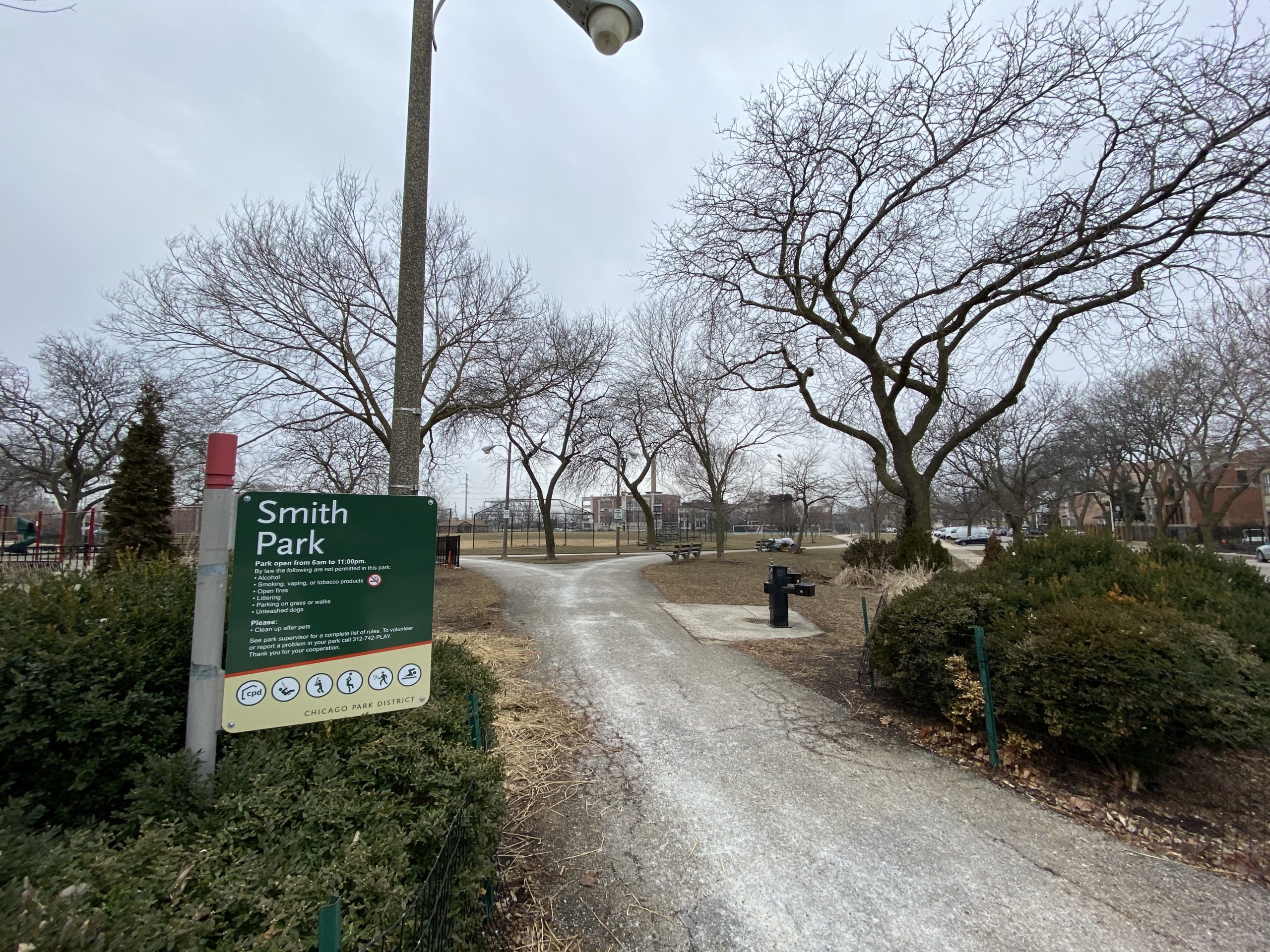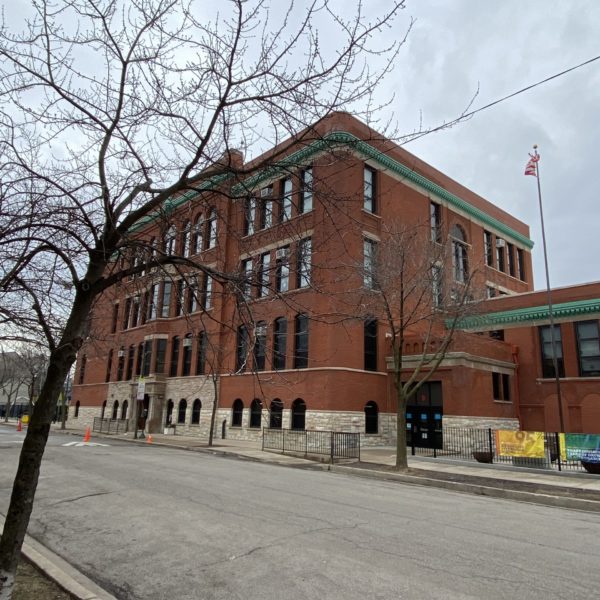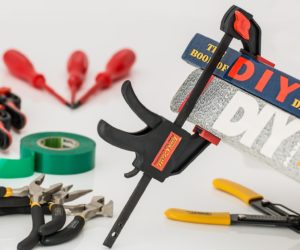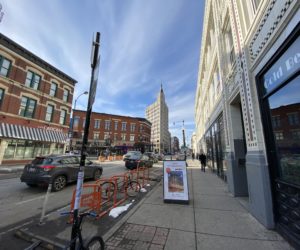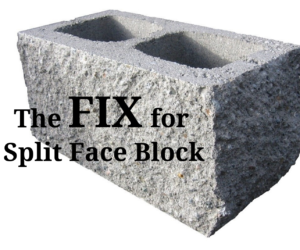According to a 2019 survey done by Realtor.com, 97% of respondents said local market expertise is important
with 25% of respondents having said it’s the most important trait overall.
Why Does Local Market Expertise Matter?
That’s really saying something as there are a lot of important traits a good Realtor should possess like integrity that comes up a lot when a broker should make sure his clients understand the downsides of a property that they might be overlooking. This has come up for me many times in a situation where my clients were ready to make an offer, but I talked them out of it by explaining the concerns regarding split face block and stucco. Or effort can never be underestimated from showing up early to pick up garbage and turning on lights, or taking a showing over the 4th of July holiday to sell a property to a vet like I did 1850 West Division St in Wicker Park Last Summer. Deal leadership and negotiation skills also are very much sought after traits of a good broker. Therefore, with a long list of expectations local market expertise ranks high, and one of the few things that can’t be fully automated.
While it’s true that the right home is the foundation of your comfort, lifestyle, and of course your family but its also for most of us out single biggest investment. We literally “nest in our nest egg.” Every buyer wants a great deal and it’s not going to happen without some market insight.
Understanding Value Implications On Nuanced Differences In Location
As the old saying goes, the three rules of real estate are “location, location, location.” What many don’t realize is that “location” doesn’t just mean “neighborhood.” Even within a neighborhood, location matters, and can often be a matter of feet, not miles. Here in West Town, for example, there are a lot of nuances on value from one block to the next, with all sorts of things like Blue Line stops, the Bloomingdale Trail or 606, multiple landmark districts, local school differences, proximity to Division Street or Six Corners Entertainment Areas, noisy area trauma hospitals with helipads, or even just proximity to busy streets like Ashland or Western, coming into play.
School district is one of the most common criteria for families and can have a huge impact on pricing. Here in West Town, there is definitely a higher premium for single-family homes in the Burr School district known for its small classroom sizes and high ratings. However, you can go as few as two blocks south in some areas, and not only are you not in the Burr school district which impacts value, but you’re also in the Pulaski Park area. Pulaski Park is an old commercial corridor and has less of a residential vibe, which significantly impacts pricing. However, a local area expert would also point out that Pulaski Park has a great park, public swimming pool, a dog park, and is in close proximity to the Division Blue line.
West of Western in Humboldt Park has been an obvious value area for a long time, but even there, nuanced differences exist. The values between Western & California vary whether you are south of Augusta, between Augusta & Division, between Division and North, or between North & Armitage. South of Augusta is Smith Park which has a great park, access to a Metra station, and a burgeoning commercial corridor on Chicago Avenue. Or between North & Armitage is West Bucktown which enjoys proximity to the newer Cortland Western Blue Line Stop, and the 606.
Ever Thought About The Characteristics That Make A Residential Street “Homey?”
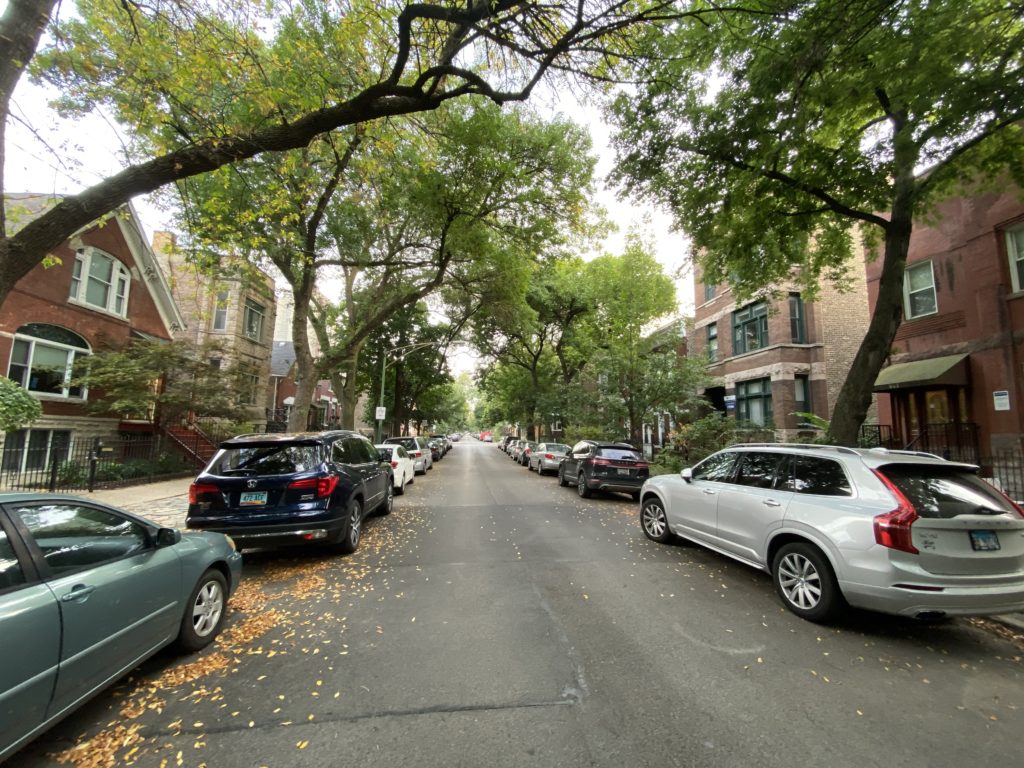
While we all may have an idea of what a good residential street looks like, pros can actually define them. The best residential streets enjoy these characteristics:
- They are one-way to limit traffic
- They are narrow, both for traffic limitations and to be less accommodating for trucks
- The sidewalks are narrow and don’t fit large equipment, and the curbs are low as they do not need to withstand truck loads
- There are green parkways on both sides of the street with large trees that form a great tree canopy
A few great examples of streets that meet these criteria are Hoyne in Bucktown from North to Armitage, or Rice from Damen to Oakley in Ukrainian Village, or Winchester from Chicago to Division in East Village.
Local Market Expertise Effects Value In Comparative Market Analysis (CMA)
Local market knowledge goes beyond simply knowing the neighborhoods. Being able to quantify how people value various property features in the neighborhood also is important. Not only will you need to know the value implications of location, but how much do you discount a home if it has an exterior parking spot verses a garage spot in that location? So, knowing what parking spots sell for in an area is just another detail of local market expertise.
Generally garage spots are worth $25K in West Town and exterior spots are worth $15K.
Or how do you value a property that is split-face block as opposed to brick? Believe it or not, that depends largely on whether it’s a condo or a single-family home. In West Town, split face block is unfortunately very popular as it was the primary building material for condos from about 1990 to approximately 2013. However, it was less frequently used on single-family homes, so the market tolerance for split face block on a condo is greater than it is for a single-family home. This results in an impact on price for a single-family home is significantly greater than on a condo.
Expected room sizes in a neighborhood are also important. If you’re valuing a two-bed, two-bath condo where the Master Bedroom is 11×11, it’s important to know that the market expectation for a master bedroom is a minimum of 14×12. This has a disproportionate impact on value, meaning that the value impact will be greater than simply the square footage difference. Many people will veto the smaller master as they cannot comfortably fit a king bed and two end tables, while most other properties in the area offer masters that can.
This local market knowledge also comes into play after a deal has been signed. Appraisals can be a stumbling block in closing a deal but working with a realtor who understands the neighborhoods can go a long way in smoothing that process over. Appraisers are hired by mortgage companies and don’t always understand neighborhood boundaries or pricing impact. Both during an appraisal and once the appraisal is received, a knowledgeable agent can assist the appraiser in selecting relevant comp properties, instead of solely relying on proximity. There are many situations where selecting comps based solely on distance can bring in properties in decidedly different submarkets, and a good agent will make sure the appraiser understands this.
Of course, the accurate valuation in all of these situations is dependent on intimate local market knowledge.
Negotiating The Deal: Knowing Local Market Conditions Informs Your Strategy
Knowing the pulse of the market in the neighborhood is also crucial. Are prices going up so the seller is going to be tougher? Or is there a lack of inventory, so buyers can’t as easily walk away?
If it’s late October, sellers often get a bit desperate, particularly when their place is empty and they know that if it’s not sold before November it’s unlikely it will sell until after the Super Bowl in early February. They will not only get hit with additional taxes and assessments but also higher gas costs over the winter.
Chicago is a very intemperate climate, and it has its own very specific seasonality.
Another example might include a family looking to upsize their home to accommodate more kids wondering whether to sell their current home first or to try to buy their dream home and then worry about selling their current place. If the family is looking to move to the suburbs, then they could choose to buy first and make a sales-contingent offer. Note that in the suburbs, sellers are far more likely to accept sales-contingent offers without it significantly impacting the price, especially when the home to be sold is in the city where properties move quicker. However, most sales-contingent offers in the city are outright rejected and the few that are accepted usually have a big impact on the price, especially if the home to be sold is in the suburbs where the market moves slower.
When the market is more competitive, you will start to see a higher amount of “As Is” riders where the buyer still inspects but agrees upfront not to ask for repair credits or repairs. In a strong market, you also start seeing more “Escalation Riders” where buyers make an offer at a certain price but agree to beat any other offer by a specified amount up to a higher price.
In West Town, an informed broker would advise his seller not to replace his 18-year-old furnace if it’s still working, based on a change in the Multi-board 7.0 contract that states that credits will not be given for out-of-date appliances assuming they are working. Of course, this contract is not always used in the city as the Chicago Association of Realtors contract is popular too, but this recent change informs the culture and market expectations making it less likely the seller would have to give a credit.
Local Market Expertise Helps Guiding Clients To And Away From Certain Deals
Local market expertise can also give buyers an edge by tapping into the agent’s network and knowledge. If a buyer client really wants a unique loft space, then knowing that there are upcoming listings at the Clock Tower Lofts in Bucktown might just be key.
If the seller wants to maximize the sale of their home recognizing that its near Lincoln Yards, then being able to market the impact of this new development is dependent on staying current with the latest plans including the number of units, planned open spaces, impact on traffic, the adding of additional schools, or even expected sales price per square foot.
Conversely, there are certain buildings that have associations that are financially distressed & disorganized or even suffer from major flawed construction issues, so knowing this upfront can save buyers a lot of heartache. Only an agent with extensive local knowledge would have this information.
And of course, there are certain neighborhoods and schools that are improving quickly and on the rise making them a better investment. A great example of this is Smith Park and Mitchell Elementary School. Improvements at the school have sent local real estate prices higher, and a local expert would be the first to see this and pass the information on to clients.
In short, local experience matters. While many real estate firms are becoming increasingly automated, often discounting commissions and limiting personal service, people looking to buy and sell real estate should keep the overall picture in mind. Local knowledge and expertise can have a far larger impact than a lower commission, both on lifestyles and on pocketbooks.
Greg Nagel
Greg Nagel is the Managing Broker/Owner of Ask Nagel Realty and a Top 1% producer of all Chicago brokers. He has been featured on two episodes of HGTV’s number one show, House Hunters. Check out the 200+ five-star reviews of Greg’s work from his clients on Zillow.



